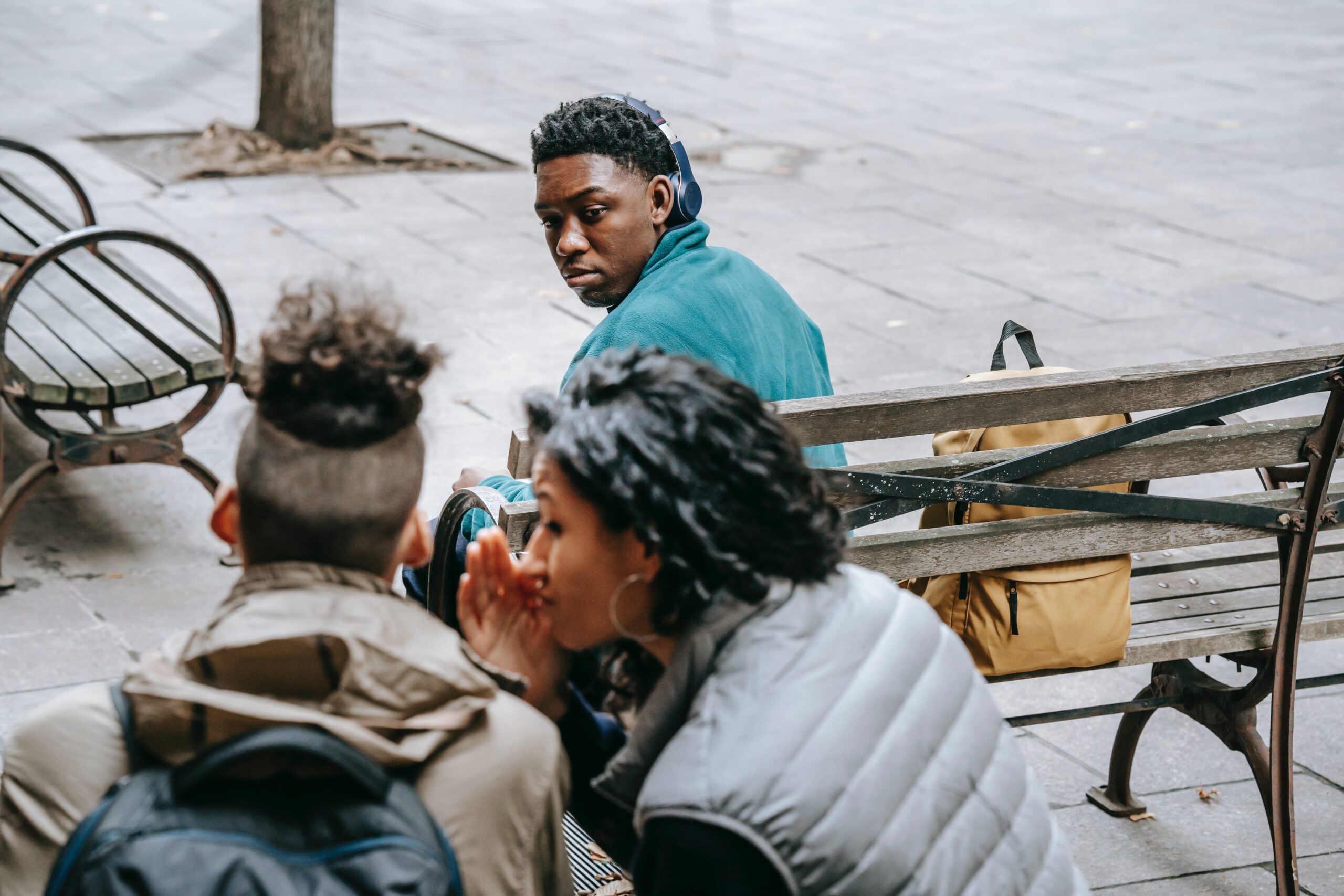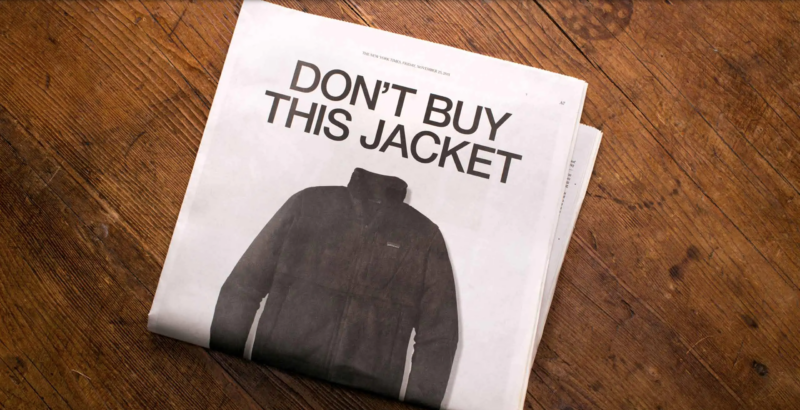Your recent gossip session might not be so private
We are all guilty of it. Gossiping or venting about a friend or acquaintance while out in public. But a current trend on TikTok is taking what is usually kept between a select few into the public domain with GossipTok.
The trend was ignited in 2020 when influencer Marissa Meiz went viral after a pedestrian overheard her friends gossiping about purposely leaving her out of their party plans in New York. The video amassed over 14 million views, with Marissa going on to feature in a New York Times cover article, a guest spot on the Drew Barrymore Show and create a viral social club for friendless people.
Not only do gossip TikToks tap into a shared psychological experience (researchers have found that the act of gossiping “helps calm the body”), but they also tap into every requirement that TikTok’s algorithm rewards, like comments, shares, and bookmarks.
Influencers like Kelsey Kotzur engage their audience by sending them out like internet sleuths, subtly pressing them to share and comment on the gossip she overheard at a brunch from a group of bridesmaids complaining about their recent duties.
“When I tell you, if I were that friend and I knew that these girls were talking about me like this I would throw myself into traffic,” Kotzur said in the clip.
“Anyway if you just got married, and your color scheme was blush and you have two blonde friends with short bobs, and you have a brunette friend, don’t be friends with them anymore.”
The video has been viewed over 2.3 million times.
@kelsey_kotzur justice for the bride!!! #london ? original sound – kelsey kotzur
But is it all just a bit of harmless fun? In an article for Rolling Stone, journalist and host of Normal Gossip, a podcast that deep dives into banal and anonymous gossip, Kelsey McKinney warns that this trend is turning a fairly commonplace past time into digital surveillance.
“What’s concerning about these videos is the call to action afterward. Here’s this story, find this person. That’s not gossiping, that’s policing. And that is a really dangerous way to behave,” McKinney says.
“Because if the goal of gossip as a societal reinforcement structure is to teach other people how to behave, then what you should be doing is leaning over and asking questions to that table across from you and not posting it on the internet. I find these videos kind of upsetting because they exist from a plane of moral righteousness without actually having the standing to be there.”
What we need to be asking ourselves as a collective is are we willing to just accept that we live in a surveillance state and do we want to actively contribute to that? Social media outing can have very real consequences, like the loss of jobs, isolation and social outcasting. Content has now grown to anything you can point your camera at, and with smartphones that means anything and everything.
“The question you should be asking yourself is, ‘Do you have the right to tell the story that you’re posting to TikTok?” McKinney says.
“[Algorithms] encourage people to make more of the same thing. And that means that you’re gonna have replicas of this happening, with people eavesdropping in public with the intent of making TikToks. If you create a system in which no one can talk about anything in public, without fear of being recorded and posted to TikTok, that is going to affect my ability, your ability, everyone’s ability to [go out]. That’s the end game of this. And that’s not fun.”
Gossip isn’t going to stop and nor should it. As a a 1993 observational study found (as shared by Time Magazine) that male participants spent 55% of conversation time and female participants spent 67% conversation time on “the discussion of socially relevant topics.” Gossip enables us to work out social norms, adjust our behaviour, build community and share information. But by weaponising that online, no one wins.




